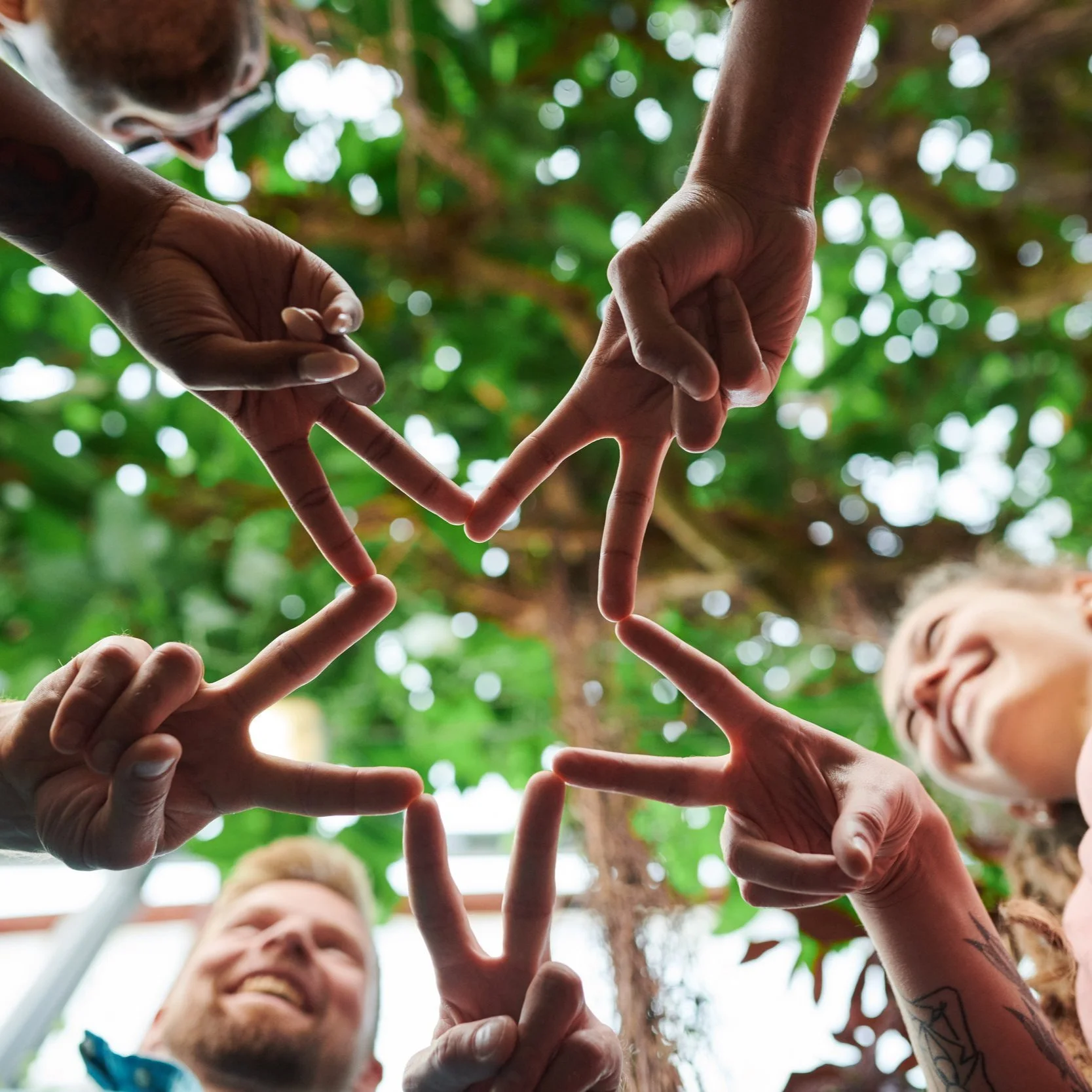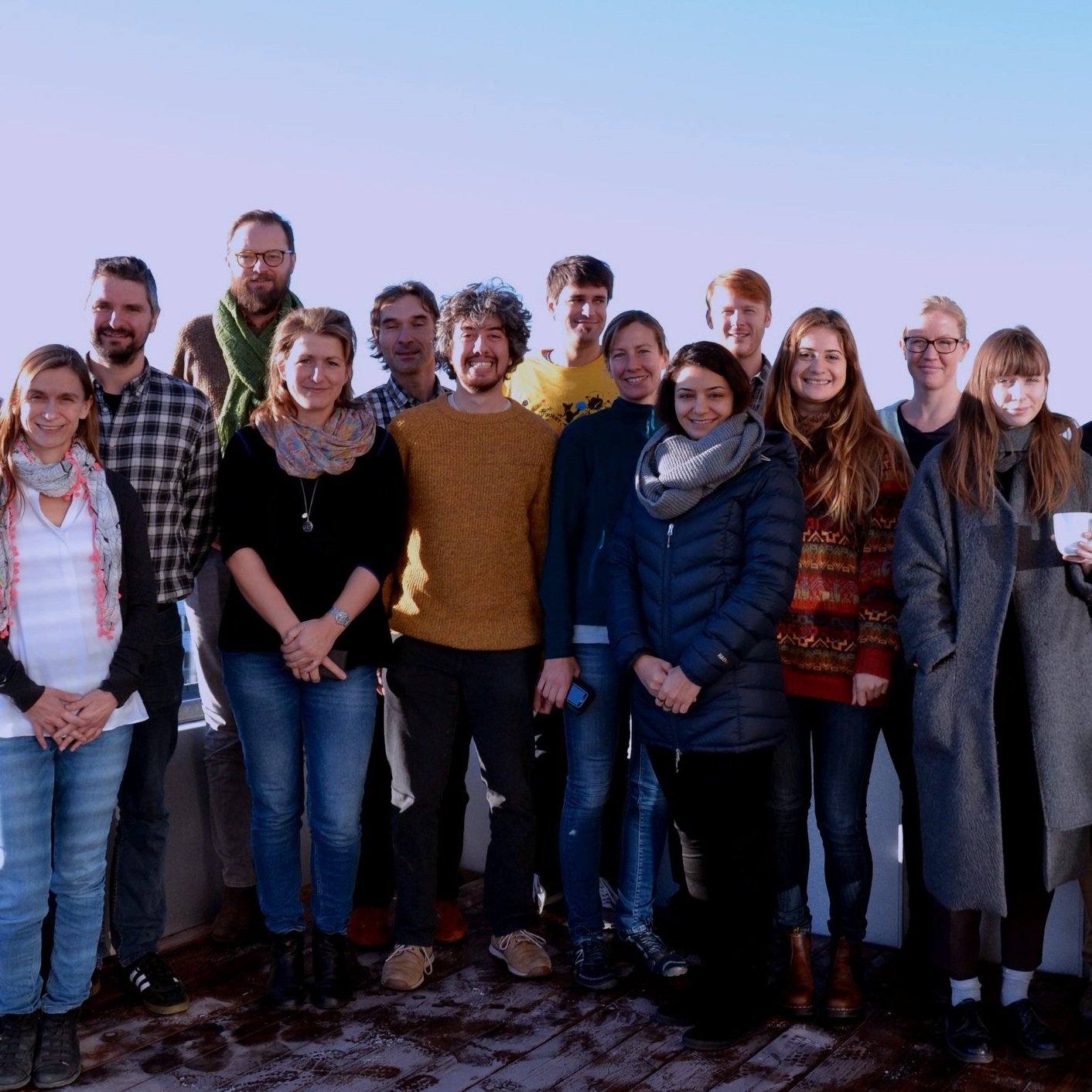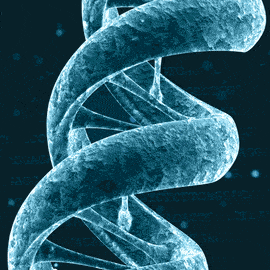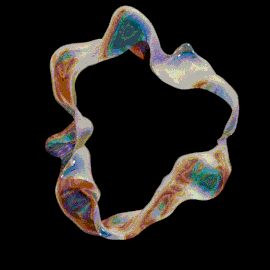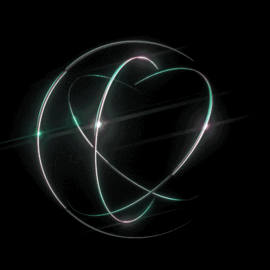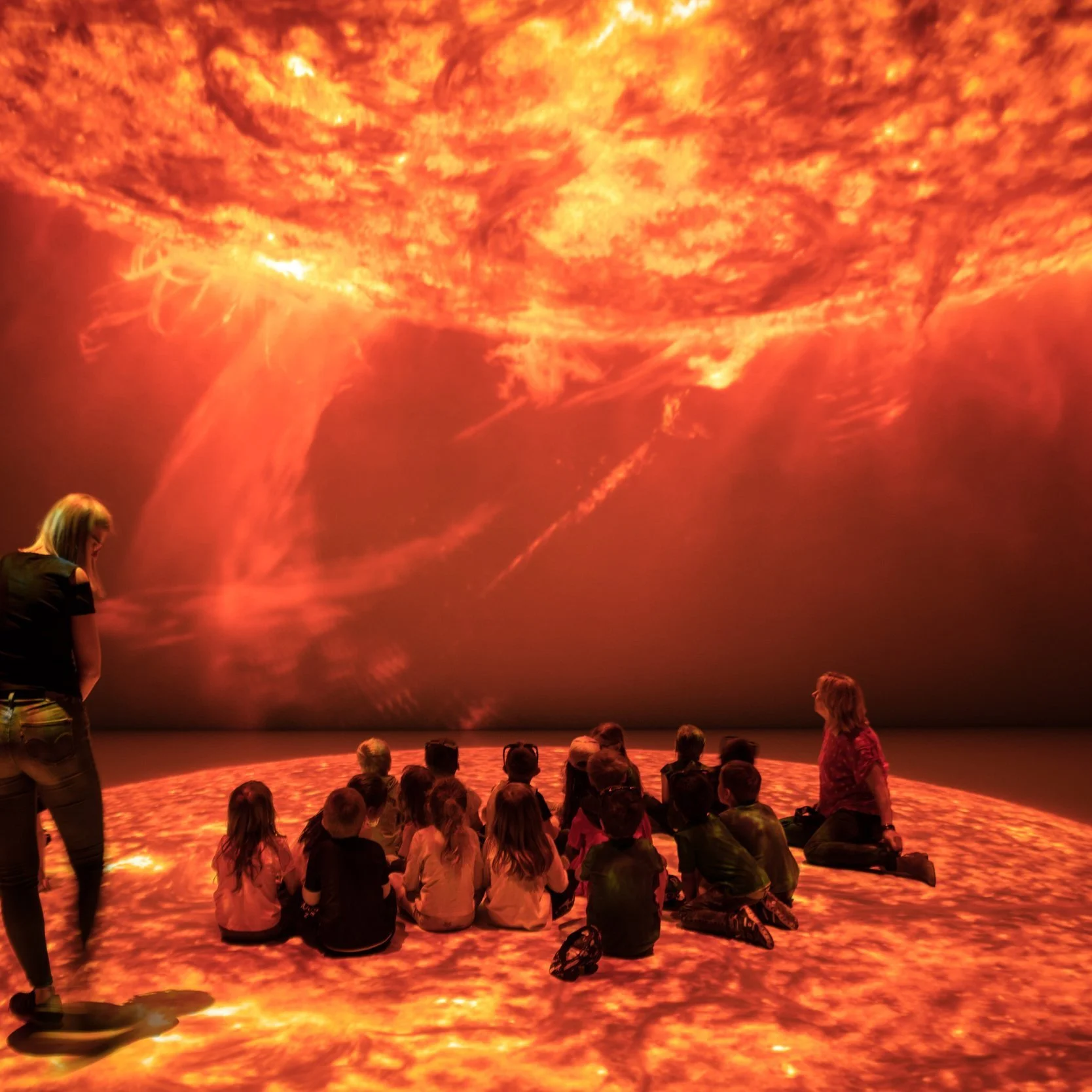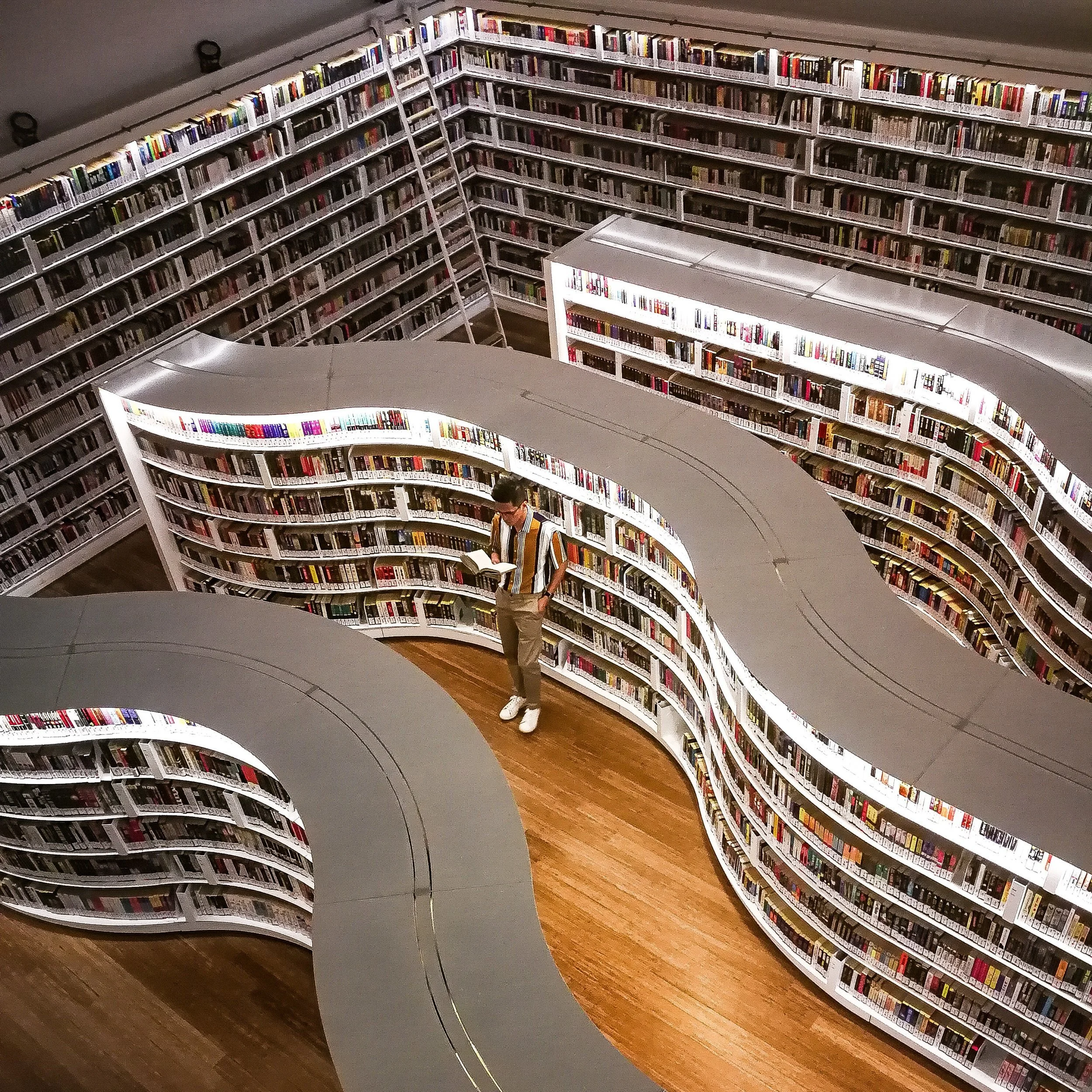LINXS is delighted to welcome Josefin Martell, the Institute’s new Activities Coordinator. She will support LINXS operations and is responsible for overall coordination of activities.
In this interview, Josefin shares her motivation for applying for the role, and what aspects she sees as important for organising science and industry activities and engagements.
Why did you apply for the position of Activities Coordinator at LINXS?
I first came in contact with LINXS during my PhD studies. I really appreciated the supportive atmosphere here, as well the organisation and the specific goals of LINXS. I participated in hackathons, courses and workshops at LINXS, and it was a great opportunity for me to meet with other scientists, present our results, and also get help with analysing neutron/X-ray data.
When the position as activities coordinator at LINXS showed up, I had just finished my thesis, so the timing to get involved with LINXS was perfect. For me it represents an opportunity to contribute to the bigger puzzle of developing relevant and interesting activities as LINXS grows.
I am also very excited about ESS opening to users soon, and all the great research that will be produced here in Lund, and the fact that LINXS is in the middle of all this! It makes me even more motivated to be part of LINXS’ effort.
What do you think are important aspects of organising science/society/industry engagements and activities?
One important aspect is ensuring that the events are dynamic, with sufficient time for social interactions between lectures and talks, and that there is space for both young researchers and more senior ones to present their research.
Additionally, I think that the themes and working groups are an excellent way to ensure that LINXS organises relevant events, as these groups are formed by active researchers who know exactly what type of activities (such as workshops, lectures and seminars) would benefit their respective research communities.
What is your background?
My PhD is in the field of planetary geology. I investigated meteorites as well as (meteorite) impact-related materials from Earth using various techniques, such as neutron and X-ray tomography. For example, we (in collaboration with researchers at e.g., Institut Laue-Langevin, ESS, Glasgow University, LINXS and Lund University) used neutrons and X-rays to study how minerals in martian meteorites interacted with liquid water when they were still part of the martian surface. That particular study really highlighted the potential of using neutrons to study water-rock interactions within extraterrestrial materials. I think we really just scratched the surface of what is possible to do by using neutrons in planetary science!
Contact Josefin Martell
josefin.martell@linxs.lu.se



